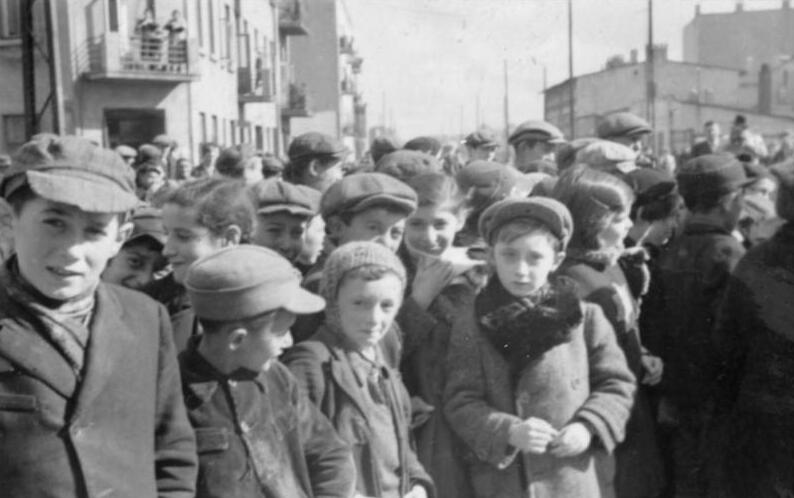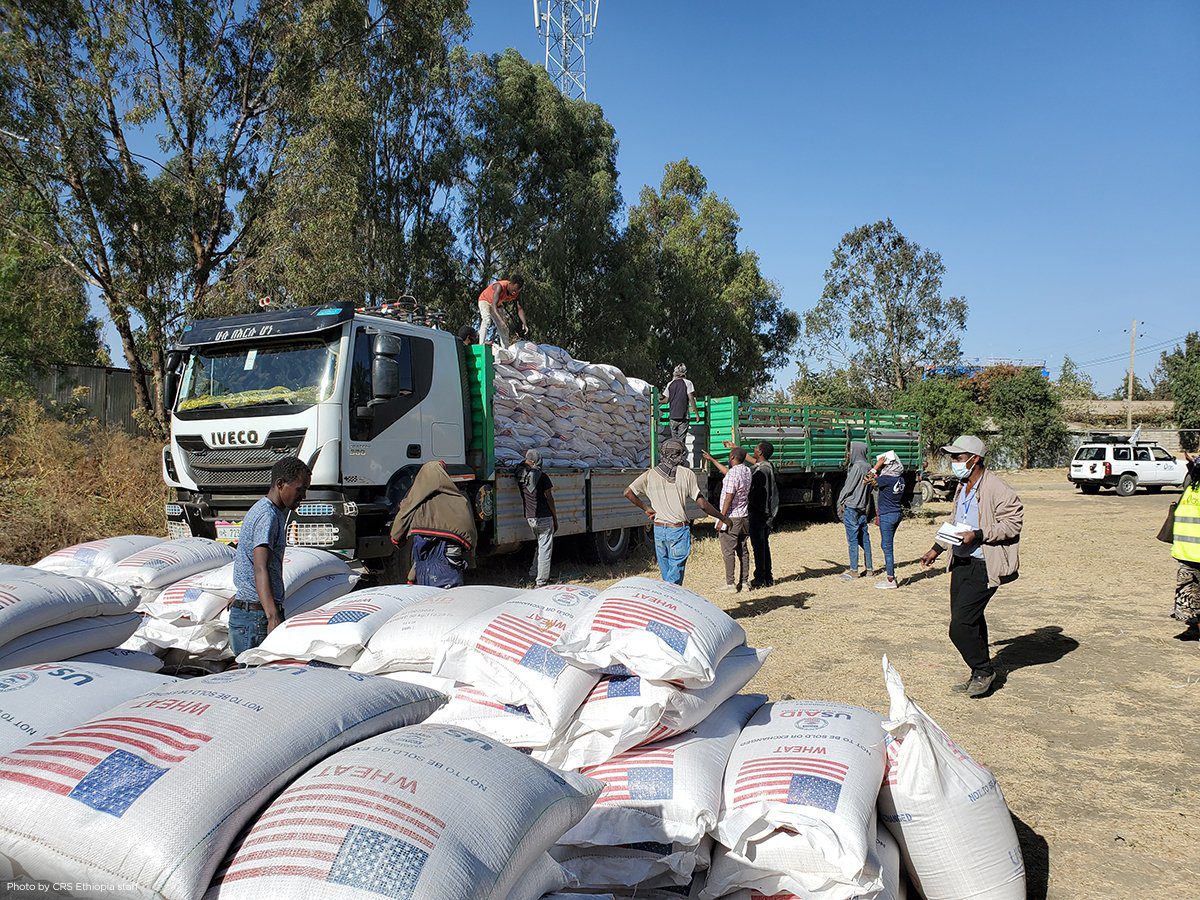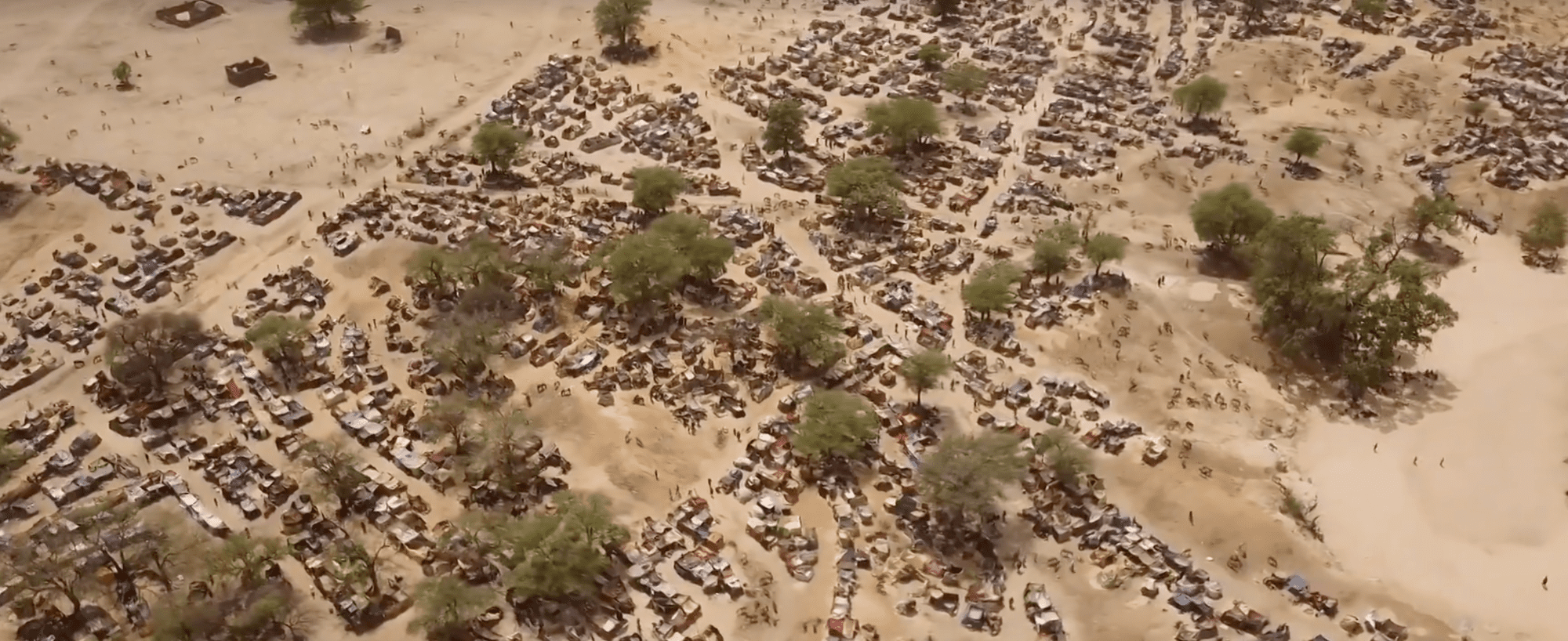The past few weeks have seen important developments in the realm of international criminal justice. On March 24th, the ICTY convicted Radovan Karadzic of genocide and other crimes against humanity over atrocities committed by Bosnian Serb forces between 1992 and 1995. The same week, the International Criminal Court’s Pre-Trial Chamber confirmed 70 charges against former Lord’s Resistance Army commander Dominic Ongwen. The ICC also for the first time convicted a military commander, Jean-Pierre Bemba, for crimes of his subordinates and for using sexual violence as a weapon of war. In more troubling news, the ICC in early April dropped its case against deputy president of Kenya, William Ruto and radio host Joshua arap Sang, ending a tortuous case marked by incidence of witness intimidation and extensive political meddling.
However, the Court’s highest profile case to date remains ongoing. On Monday, March 7, the trial of Laurent Gbagbo resumed in the The Hague. Gbagbo is the first ex-head of state to appear before the tribunal. The former president of Côte d’Ivoire and his former youth minister, Charles Blé Goudé, have been charged with crimes against humanity that occurred during the country’s post-electoral crisis of 2010-2011. In the five months that followed the election, clashes between rival forces led to over 3,000 deaths and displaced at least 500,000.
Not everyone is happy with Gbagbo’s extradition to The Hague. A number of local justice advocates have argued that he should have been brought before a regional court, such as the Extraordinary African Chambers set up in Senegal to try former Chadian president Hissène Habré. The country also remains divided along political lines: many of Gbagbo’s and Blé Goudé’s supporters continue to view them as national heroes. Accusations of biased justice have haunted the ICC proceedings from the start. Although both sides of the conflict have been implicated in war crimes and crimes against humanity, the court decided to limit its initial prosecutions to crimes committed by pro-Gbagbo forces, primarily in the capital Abidjan. Although ICC prosecutor Fatou Bensouda in January 2016 announced that the Prosecutor’s Office has intensified its investigations into Ouattara’s allies, no charges have been issued to date.
With attention now focused on The Hague, it is important to take a closer look at justice and reconciliation processes within Côte d’Ivoire itself. Gbagbo’s trial may well last as long as three or four years. Without understating the symbolic and political importance of the proceedings, they are unlikely to heal the wounds left behind by the 2010-2011 crisis and the preceding years of internal conflict. If anything, the trial in The Hague will likely reinforce the claims of Ivorian nationalists that President Ouattara remains a puppet to foreign powers.
Côte d’Ivoire has undergone a remarkable economic recovery over the past five years. Foreign investment has skyrocketed. Thousands of former fighters have been demobilized. In October 2015, Ouattara was re-elected for a second term in a largely peaceful election. Yet the legacies of violent conflict to some extent remain unaddressed. Although a number of domestic transitional justice efforts were set in motion in the aftermath of the crisis, they have been hampered by insufficient resources, political interference and weaknesses in the Ivorian judicial system. Few of Ouattara’s supporters have faced any legal or political repercussions for their involvement in the crisis – even though a UN Commission of Inquiry as well as a national investigation found both sides responsible for atrocities.
Reparations, Truth and Reconciliation
After assuming office in 2011, President Ouattara heeded the recommendation of the UN Commission of Inquiry and established a Commission for Dialogue, Truth and Reconciliation (CDVR), which was mandated to identify the root causes of the conflict and possible ways the country could move ahead with reconciliation. The Commission gathered testimonies from over 72,000 Ivorians. However, the scope of its mandate was not clearly defined and its budget of $15 million too limited. Victims also questioned the commission’s impartiality. Its final report, presented to Ouattara in December 2014, has yet to be made public, and its recommendation have not been publicly debated.
Instead, the government created a successor institution, the National Commission for Reconciliation and Indemnification of Victims (CONARIV), which was tasked with overseeing a reparations program for victims of abuses committed between 1990 and 2012. CONARIV has made progress compiling a list of victims and determining who will be eligible and how much they will receive. Yet initial round of reparations were already distributed before the official guidelines had been completed, potentially raising unrealistic expectations among victims. The unclear division of responsibilities between CONARIV and the National Program on Social Cohesion, charged with implementing the reparations program, represents an additional challenge.
It is of course questionable whether a fully functioning truth commission and a public debate about its recommendations inevitably would have furthered social healing and reconciliation. Past experiences with truth and reconciliation commissions show that it is difficult to establish benchmarks to evaluate their success. Research on transitional justice effectiveness has for the most part focused on macro-level outcomes rather than societal and community responses, and yielded divergent conclusions. However, existing studies do suggest that positive outcomes hinge on broader institutional reforms, complementary accountability mechanisms and extensive civil society engagement. Most civil society organizations in Côte d’Ivoire are seen as aligned with one of the major political parties, which has politicized their involvement. A number of case studies also highlight that public outreach is essential to successful transitional justice processes – an element that has been missing in the Ivorian case.
Domestic prosecutions
During his first term, President Ouattara also established the Commission Nationale D’Enquete (CNE) to perform non-judicial investigations, and the Cellule Spéciale d’Enquête (re-named Cellule Spéciale d’Enquête et d’Investigations, or CSEI), which was tasked with launching judicial proceedings for the crimes committed during the post-election crisis. This was an important step: the country’s justice system had been severely weakened by years of instability and conflict that preceded the 2010-2011 electoral crisis. However, the CSEI’s investigations have repeatedly been hampered by severe resource shortages and recurring threats of closure. Only sustained international and domestic civil society pressure ensured the extension of its mandate. Delays in formal appointments of investigative staff undermined the cell’s ability to investigate crimes committed by pro-Ouattara forces beyond the capital. The March 2015 conviction of Simone Gbagbo and 82 former Gbagbo supporters further reinforced the perception of victor’s justice. These legal proceedings were also criticized by human rights advocates for not conforming to international legal standards.
Reports emerged in mid-2015 indicating that the cell was conducting investigations into key military officials who supported President Ouattara during the conflict. Some sources suggest that eight former Forces Armées des Forces Nouvelles (FAFN) leaders have been indicted to date. However, the exact number of pro-Ouattara officials currently under investigation remains unclear, and there seems to have been little progress on the prosecutions of the twenty pro-Ouattara soldiers accused of committing crimes by the CNE report. Continued arbitrary arrests and the detention of political prisoners further puts into question the impartiality and legitimacy of the Ivorian justice system. Amnesty International in 2015 identified more than 200 former Gbagbo supporters currently held without charges. Additionally, extortion by security forces at checkpoints remains pervasive in rural areas western and northern Côte d’Ivoire, although to a lesser degree than in the immediate aftermath of the crisis.
Land reform
On a broader level, crucial legal and public sector reforms have been delayed. The role of land conflicts in spurring intercommunal violence in Côte d’Ivoire has been widely documented. However, no comprehensive land reform has been enacted to date. During his first term, Ouattara focused on implementing a 1998 rural land law that aimed at converting customary claims to land certificates and eventually legal titles. However, the procedures foreseen by the law have proven complicated and expensive for ordinary Ivorians to access. According to Human Rights Watch, only 978 certificates had been issued by May 2015 – out of an estimated 500,000 needed in the whole country. The burden for mediating land disputes remains on customary chiefs and local administration officials, whose decisions are often difficult to enforce and frequently discriminate against women. Fraudulent land sales are rarely prosecuted, and land dispossession still drives inter-communal conflict in the Western parts of the country. Mitchell (2015) suggests that these cocoa-growing regions, which witnessed some of the worst violence during the 2010-2011 crisis, remain in a precarious state of “neither war nor peace.” The international donor community has been slow to recognize land reform as key to long-term peacebuilding, and perhaps focused on national-level processes at the expense of local land relations and tensions.
Looking forward
As Loyle and Davenport (2016) note, much of the scholarship on transitional justice generally assumes that TJ mechanisms such as prosecutions and truth commissions are adopted with the goal of liberal democratic change. However, this is not necessarily the case: TJ processes are often used for strategic political gain. Looking at Eastern Europe, Grodsky (2010) for example argues that transitional justice is a political commodity that can be traded for other political goods, rather than a process implemented to advance normative goals. The case of Côte d’Ivoire exemplifies how judicial proceedings can be manipulated and undermined by restricting access, delaying key reforms, withholding resources and abusing executive powers. Applying Loye and Davenport’s indicators for identifying transitional injustice, it becomes clear that the key challenge in Côte d’Ivoire has not been continued high-level violence or authoritarian legitimation, but the lack of openness and equal participation in justice processes – as well as a post-conflict narrative that downplays the need for legal and transitional justice.
What does this mean for Côte d’Ivoire’s long-term stability and democratic consolidation? A 2014 survey by the Harvard Humanitarian Initiative revealed low levels of societal and institutional trust throughout the country. 64% of respondents reported that they had no or little confidence in the justice system. Almost two-thirds argued that the government and the national justice system had little or no will to hold perpetrators of the election violence accountable. Despite considerable economic progress and democratic gains in recent years, these responses suggest a difficult path ahead. The Ivorian government has so far prioritized economic growth and reconstruction. In contrast to the extensive effort to rebuild the country’s economy, infrastructure, and the military, the mechanisms for achieving reconciliation have proven much weaker.
However, the risks associated with flawed justice and continued land conflicts are real. Given the government’s fragile shift toward accountability over the past year, the country’s donors and international partners should continue pushing for independent and impartial justice processes and consolidate existing gains. However, the Ivorian government faces considerable constraints in adopting a more assertive stance: its de facto control over FAFN commanders in the country’s west and north is tenuous, and a persistent push to hold them accountable in the domestic courts may raise fears of renewed violence. On the other hand, further outsourcing criminal justice to the international community risks reinforcing the pro-Gbagbo narrative that Ouattara is bending to foreign interests. No matter what happens in The Hague over the coming months, democratic progress in Côte d’Ivoire may ultimately depend on the capacity of political elites to grapple with the drivers of violence – such as precarious civilian control over the military and long-standing clashes between land tenure regimes and conceptions of citizenship.


